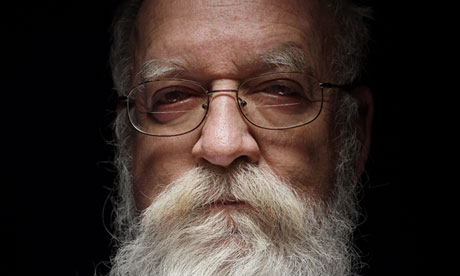 |
| Edouard Machery |
Interview with philosopher Edouard Machery.
Edouard Machery is a killer cool philosopher working on the cutting edge of interfaces between analytic philosophy, psychology, xphi and cognitive science. He’s a continental doing analytic philosophy who thinks philosophy without science is blind. He’s always investigating social phenomena like racism and the ‘integration challenge’, alongside the nature of concepts and whether they are the same as perceptual representation. This month he’ll be going head to head with the chillin’ blue-haired philosopher Jesse Prinz in Latvia on this very issue. He thinks concepts aren’t a natural kind and kind of thinks that studying them is like studying a science of Tuesdays. He’s also brooding on what the folk think and whether experts have judgements that can be trusted, suggesting that philosophy needs to be humble. Everything he does goes to the heart of how we think about ourselves and all in all is one hell of a badass groove. Shakin’.
without concepts » 3:AM Magazine





